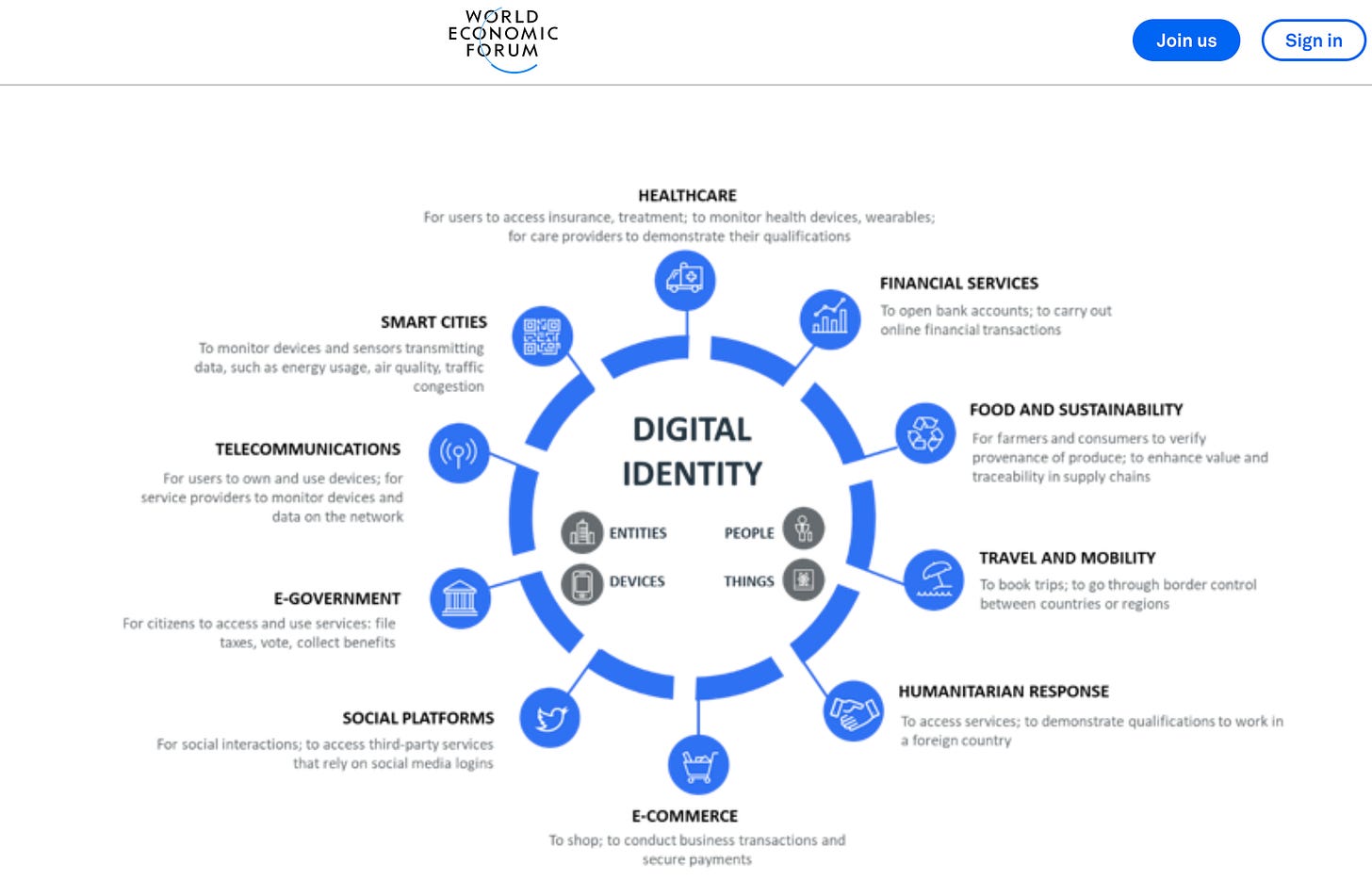On Broken Truth, host John Davidson and co-host Jeremy Friedman, an attorney and Freedom Counsel member, interviewed Attorney Reggie Littlejohn about the dangers of digital IDs. Littlejohn, founder and president of Anti-Globalist International, co-founder of the Sovereignty Coalition, and founder and president of Women’s Rights Without Frontiers, discussed how these systems could lead to widespread surveillance and control. This article summarizes the key points from the interview, serving as a companion to the video on BrokenTruth.tv.
Littlejohn’s Background: From China’s Human Rights Abuses to Global Digital Threats
Littlejohn shared her history as an attorney representing Chinese refugees in the mid-1990s who fled the one-child policy’s coercive measures, including forced sterilizations. She described one case: “She was picked up and dragged out of her home and held down on a table, and they performed a tubal ligation without anesthesia. She was permanently disabled after that.”
Observing similar tactics during COVID-19—such as the World Health Organization (WHO) adopting Chinese Communist Party (CCP) approaches—she co-founded the Stop Vaccine Passports Task Force. Now, through Anti-Globalist International, she leads a campaign against what she terms the “digital gulag”: Chinese-style systems spreading globally via digital IDs and programmable currencies.
Understanding Digital IDs: A Tool for Surveillance and Control
Digital IDs centralize data like real-time geolocation, facial recognition, internet search and spending history, banking information, and social media posts. In China, this forms a social credit score determined by AI. High scores allow a “normal” life, but dissent leads to punishments: job loss, restricted education or loans, travel bans, financial cutoffs, or disappearance.
Littlejohn linked this to events like the Canadian truckers’ debanking: “This has already happened in North America.” She highlighted the WHO’s digital health IDs, rolled out with the EU since June 2023, as precursors that could expand to full digital IDs. Referencing a World Economic Forum chart, she noted requirements for IDs to access healthcare, banking, travel, shopping, social media, government services, taxes, voting, and devices.”
These digital IDs... are a way to control, to surveil and control every aspect of your life,” Littlejohn stated.
Programmable Digital Currencies: Enforcing Compliance
Digital IDs pair with currencies like Central Bank Digital Currencies (CBDCs) or U.S. stablecoins under the GENIUS Act. These track and block transactions, unlike anonymous cash. Littlejohn warned of abuses: limiting flights via carbon tracking, restricting purchases based on health data, or confining individuals for refusing boosters.
She noted the Trump administration’s opposition to CBDCs but cautioned about stablecoins’ programmability. A video clip on Thailand’s CBDC rollout showed 3 million accounts frozen, sparking a crisis but backfiring as people turned to cash. Littlejohn emphasized: “Cash is king... We have to really resist any government regulation that makes cash illegal.”
Biometrics, Convenience, and Emerging Threats
Biometrics tie into surveillance, potentially freezing accounts for non-submission. Littlejohn critiqued convenience-driven acceptance, like paying with watches: “The attitude is, this is convenient, this is cool, and we don’t want to hear anything else about it.”Discussions touched on smart cities and resistance, with Littlejohn seeing hope in backlashes but urging vigilance: “I feel like we’re in a race to the finish line... They’re trying to roll this out before people wake up.”Alternatives like Bitcoin were mentioned as decentralized options, though Littlejohn prefers gold/silver for reliability.
Litigation, Pushback, and Calls to Action
Friedman explored litigation avenues, such as California’s privacy rights or due process claims against debanking. Littlejohn, a former litigator, supported this: “These litigation strategies... can also be extremely effective,” but noted resource challenges.
She encouraged action: Visit antiglobalist.net to sign the “Petition to Stop Digital IDs and Digital Money” for updates and advocacy. Contact representatives to oppose IDs like Real ID (not mandatory for flying). Use cash, pray, and stay engaged: “If everybody does their part... that’s the hope that we have to overcome it.”Oppose WHO involvement by supporting legislation to encode U.S. withdrawal. Littlejohn warned against complacency: “President Trump cannot by himself defeat this digital gulag... You need to stay engaged.”
Watch the full interview on BrokenTruth.tv, including the Thailand clip and discussions on WHO actions.
Share your thoughts on digital IDs in the comments, and subscribe for more updates.










